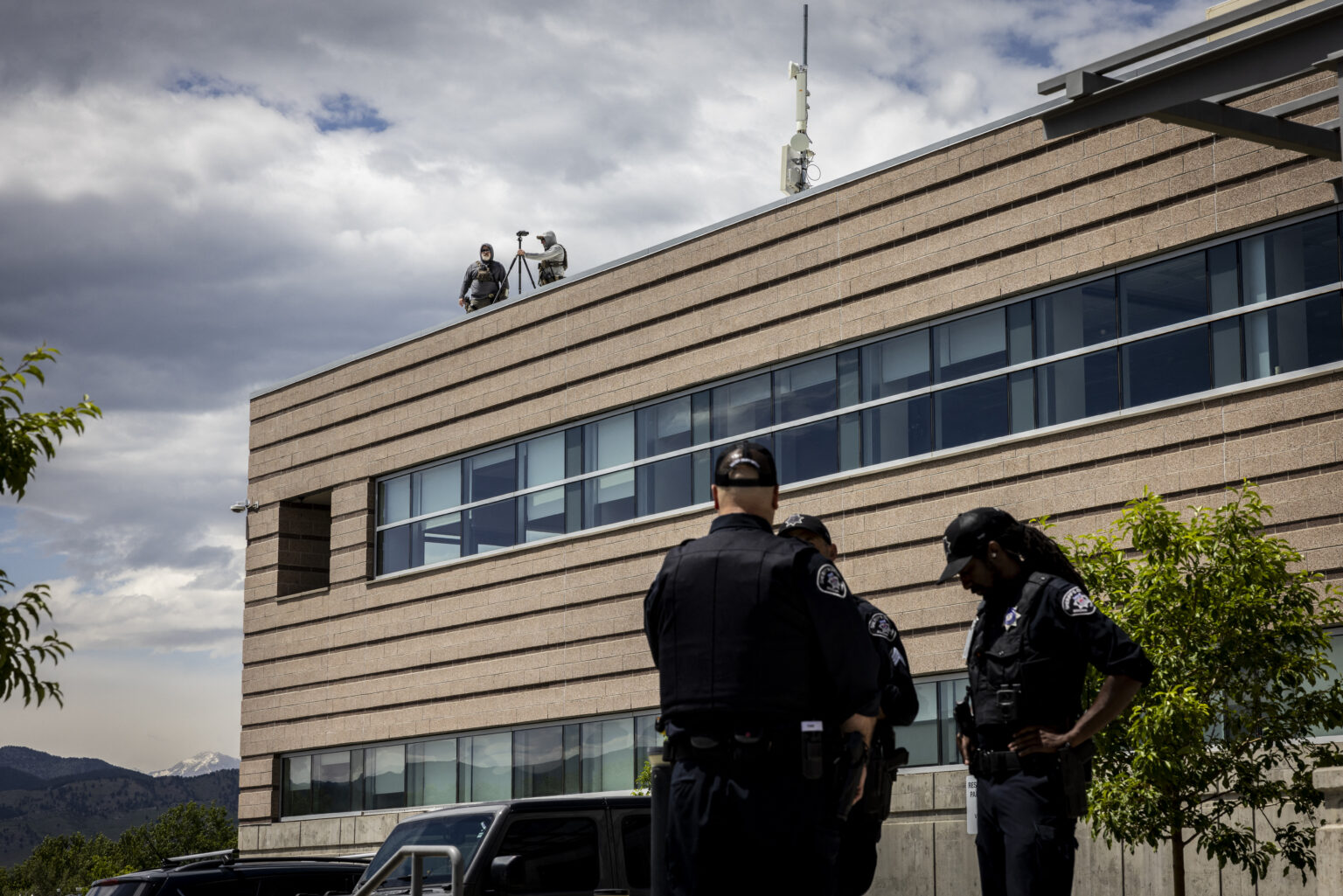Federal Court Blocks Rapid Deportation of Family Connected to Boulder Attack
A federal judge in Colorado has issued a ruling preventing the immediate deportation of the family of an Egyptian man linked to a violent incident in Boulder, amid ongoing legal proceedings. The decision underscores the importance of due process rights, especially in cases involving national security and immigration enforcement.
Judicial Intervention in Detention and Deportation Proceedings
U.S. District Judge Gordon P. Gallagher previously issued an order restraining federal authorities from removing Hayam El Gamal, the wife of the suspect, along with their five children. Although the family was initially barred from being taken out of the judicial district, immigration officers had already transferred El Gamal and her children to a detention facility in Texas by that time.
In a comprehensive 15-page ruling, Judge Gallagher announced that the case would be transferred to a federal court in Texas. His current orders, which temporarily halt the family’s deportation, will remain in effect until a final decision is made regarding their detention status. The judge emphasized that rushing to deport the family without proper legal review could infringe upon their constitutional rights.
Concerns Over Due Process and Rapid Deportation
Judge Gallagher expressed concern that if the Trump administration had proceeded with its threat to swiftly deport El Gamal and her children to Egypt, it would have likely violated their rights to fair legal treatment. He highlighted that the government has a constitutional obligation to ensure that immigration proceedings are conducted justly, advocating for a cautious approach-“measure twice, cut once”-before any removal.
The White House has yet to respond publicly to the ruling, leaving questions about the administration’s next steps.
Background of the Boulder Attack and Family’s Legal Status
Mohamed Sabry Soliman, 45, faces federal hate crime charges and state attempted murder counts following the Boulder attack that injured at least a dozen individuals. Court documents allege that Soliman used a makeshift blowtorch to set people on fire during a demonstration on June 1, an act that authorities describe as a targeted act of violence.
Following his arrest, immigration officials detained his wife and children on June 3. The White House initially indicated that they could face deportation as early as that night. However, instead of immediate removal, the family was transported approximately two hours from Florence, Colorado, to Denver’s airport and boarded a flight to San Antonio, arriving just before midnight. They were subsequently taken to a detention center in Dilley, Texas, where they remain.
Legal Disputes Over Fast-Track Deportation
The family’s detention was carried out under expedited removal procedures, a process designed for quick deportations without full hearings. However, Judge Gallagher pointed out that federal law restricts this fast-track process to migrants who have been in the U.S. for less than two years. Since the family arrived over two years ago, they should not have been subjected to expedited removal.
Court records reveal that Soliman moved to Colorado Springs three years ago with his family. After the attack, authorities revoked their visitor visas and expedited their deportation, despite the family’s ongoing asylum application, which they filed in hopes of obtaining permanent residence. The administration has claimed that the family overstayed their visas, but the family maintains they entered legally and sought asylum.
Legal and Humanitarian Perspectives
Legal experts note that cases involving entire families facing deportation immediately after a relative’s criminal charges are uncommon. Attorneys for El Gamal emphasized that her husband has not been convicted and that her family’s detention and potential removal violate fundamental legal principles. They also argued that punishing family members for the alleged crimes of a relative is unlawful.
El Gamal, a network engineer, and her children entered the U.S. in 2022 on visitor visas. The children are Egyptian citizens, while El Gamal was born in Saudi Arabia. Her asylum application remains pending, with her family listed as dependents.
Official Statements and Ongoing Legal Proceedings
The Trump administration’s legal filings state that El Gamal and her children are detained lawfully due to their overstayed visas, not as punishment for Soliman’s alleged actions. A Justice Department filing from Wednesday confirmed that they had been authorized to stay until February 26, 2023, but remained in detention beyond that date.
While acknowledging that the family’s immigration status was revealed through the investigation into Soliman’s attack, officials maintain that this does not justify their detention or deportation. They assert that the family is in removal proceedings, which legally permits their detention.
Broader Implications for Immigration Enforcement
This case highlights ongoing debates over the balance between national security concerns and individual rights within the immigration system. It also raises questions about the use of expedited removal procedures, especially for families with longstanding ties to the U.S. and pending asylum claims. As legal battles continue, advocates emphasize the need for fair treatment and adherence to constitutional protections, even in cases involving serious criminal allegations.

